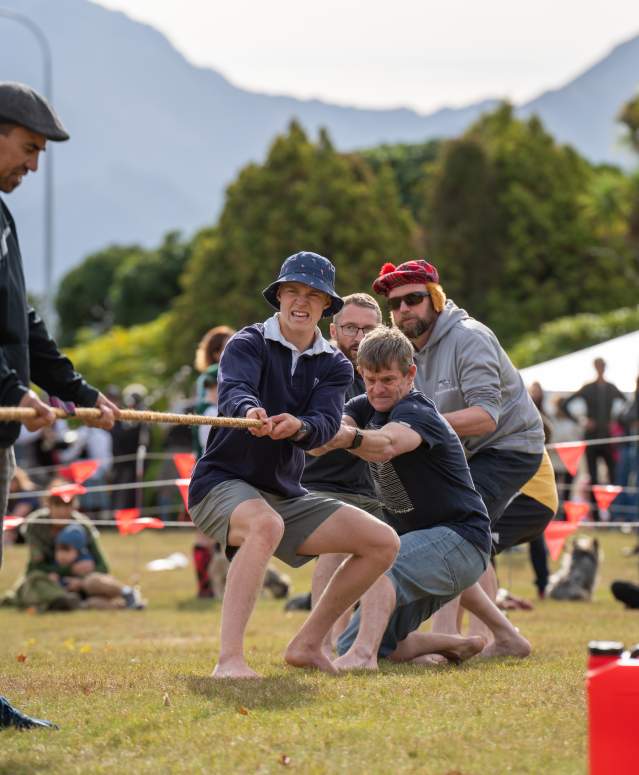Preparing Your Event Plan
Detailed planning and timelines are crucial to your event's success
Developing an event plan that maximizes the strengths and opportunities for your event and minimizes the weaknesses and threats. Here are some things you will need to consider and make decisions about in the planning stage of the event.
This Page Is Currently Under Development
Start by conducting a SWOT Analysis
Determining the plans and details for your event
A SWOT Analysis will enable you to develop an event plan that maximizes the strengths and opportunities for your event and minimizes the weaknesses and threats.
|
WEAKNESSES – attributes that could stop you from achieving the event goal Examples:
|
|
|
OPPORTUNITIES – external forces that increase the chances of achieving the Examples:
|
THREATS – external forces that could threaten the event from achieving its goal Examples:
|
What, Where, When, Who
The first stage will be to establish the WHAT, WHERE, WHEN, WHO. Here are some things you will need to consider and make decisions about in the planning stage of the event:
Questions for WHAT:
-
Why type of event will you class if it as? Sport/ art/ tourism/ charity etc
-
What price bracket should the event cost be within?
-
What are your customer needs?
-
What do you want event attendees to achieve?
-
What size audience do you expect?
-
What channels will you use to market your event?
Considerations for WHEN:
-
Similar events held nearby – ensure you avoid any date clash
-
The potential of the event being a re-occurring event or a one-off
-
Weather, seasonal constraints, public holidays and school holidays
Considerations for WHERE:
-
Event location should be easy for your attendee needs ie public transport, bus turnarounds, walking distance to accommodations
-
Event accessibility (international/ domestic/ local)
-
Space/ area required to safely house the number of people you anticipate will attend
-
Using public spaces, such as gardens or parks, may require council consent which could require submitting an event plan
Questions for WHO:
-
This should encompass your audience, your team, and your event goal
-
Who will participate in or attend the event?
-
The demographics of your audience?
-
What will appeal to your target audience about this event?
-
Who will be in your event organising team?
-
Who do you need to engage to make event specifics happen?
-
Are there any potential ambassador’s you could approach to help market your event or be involved?
-
Who are appropriate sponsors in the area you could source funding from?
Create a master timeline
The second stage will be to create your event’s master timeline. Having a detailed master timeline ensures people are kept on track and are kept accountable for their roles and tasks. You can also add team/ committee meeting dates into your master timeline. The timeline should have the tasks, allocation of responsibilities, and deadlines. This is an internal document for your team only.
At this point, you could also make a start on your Communications Plan (more on this in the Promote your event section). It can also be handy to have a Key Milestones document (more on this in the Organise your event section) which identifies the major deadlines your team will be working toward and marketing around, such as Event Dates Announced/ Tickets Go Live/ Registrations Close.
Permits
Here is some information to help get your permit
To film anything for commercial purposes on public conservation land you must have a concession from DOC. This includes activities such as making a documentary, movie, or advertisement.
Criteria for a One-off activity
As well as complying with all relevant legislation and conservation plans or strategies your planned activity must:
- have only minor environmental effects that can easily be managed
- have clearly defined limits (i.e. number of times accessed)
- not involve permanent structures
- not take place in the same location more than once in any three-year period.
Pre-Application Process
To ensure your permit application goes smoothly it’s a good idea to get some pre-application advice from the local district office so you will have all the all the information you need to know to make a successful application. Talking to us early will save going back and forth during the application process. Please email obrandt@doc.govt.nz or teanauadmin@doc.govt.nz for more information on Fiordland and stewartisland@doc.govt.nz for information on Stewart Island.
Application Process
- have only minor environmental effects that can easily be managed
- have clearly defined limits (i.e. number of times accessed)
- not involve permanent structures
- not take place in the same location more than once in any three-year period.
Payment Process
We will invoice you once we have processed your application. Your fee is likely to be $230 plus GST ($264.50 including GST) for each DOC region you apply to film in – use DOC Maps to help you identify this. Your application should be processed within five working days of receipt. The timeframe will be longer if iwi consultation is required (generally a minimum of 20 working days). If your application is approved, we will send you a contract which you must sign and return before proceeding with your activity.
Filming on conservation land attracts activity fees depending on the type of filming taking place. The schedule of location fees, along with detailed information about applying for filming permits, can be found here: http://www.doc.govt.nz/get-involved/apply-for-permits/business-or-activity/filming/
Additional Information
- Get in your application as soon as possible. We can issue one-off filming permits for a maximum three-month term (with a set number of filming days within that timeframe), so exact dates do not have to be confirmed before processing.
- Make sure to include all potential locations in the application. These do not all have to be used on the day (and you will not be charged activity fees for locations that aren’t used), but it is better to have these in as contingency, rather than asking to edit the permit after it has been issued. Adding locations retrospectively can create delays and may mean that some locations cannot be used.
- Pre application discussions with the District Office are very strongly recommended! We can advise on timeframes, whether iwi engagement will be required, the type of information to include in the application etc. etc. This can save you a lot of time and make the application process run much more smoothly.
- Regarding the Coastal Plan and noise levels, you would need to contact Environment Southland, as this is not an area that DOC administers. You can contact them on 0800 76 88 45, or email service@es.govt.nz
Alcohol Licensing
Patrons at most events have expectations that refreshments will be available.
Whether or not you decide to provide alcohol is a question for your organisation to consider. This decision may depend on elements such as your ability to secure a bar manager, suitably qualified staff along with the overheads and costs to provide these services. A cost-benefit analysis is a useful exercise to ascertain the viability of obtaining a liquor license.
Food is a mandatory component to securing a liquor license so you will need to consider what food and infrastructure is needed to provide this.
Each local authority (council) has its specific processes and requirements, based on the Sale and Supply of Alcohol Act, 2012. These include:
- Duty Managers’ certificates
- Alcohol Licensing Courses
- Licenses for Venues
- Complaints about a venue’s license or conditions of operation.
If you decide to have alcohol at your event, contact your local council staff who can help you before you undertake the process. The council that you apply to will be based on the district area in which your event takes place.
- Invercargill City Council: https://icc.govt.nz/alcohol-licensing/
- Southland District Council: https://www.southlanddc.govt.nz/my-southland/alcohol-licensing/
- Gore District Council: https://www.goredc.govt.nz/services/alcohol-licensing







